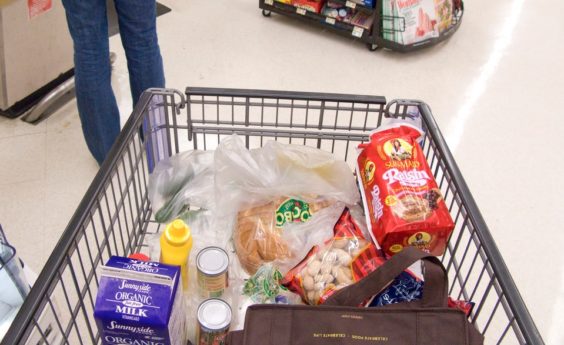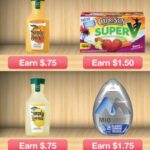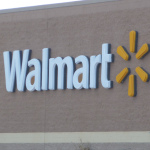
It can be difficult to get good deals on healthy food. But the founders of a new company say they’ve come up with a way – all you have to do is agree to inform your health insurance provider what you’re buying, and they’ll give you discounts on the healthy stuff. And maybe charge you more if you keep buying unhealthy stuff.
So just eat your broccoli, and Big Brother will help you save a few bucks!
The idea comes courtesy of “ValueMe”, founded by two business students at MIT, in partnership with the AARP. They recently won first place in a school-sponsored contest for emerging “social enterprises”. The pair plans to use the $15,000 top prize to launch a test program in a Philadelphia-area grocery store.
Here’s how it would work. After the cashier rings up your purchases, you pull out your card – not a payment card or a store loyalty card, but your health insurance card. You swipe it, and an “algorithm would recognize the person, analyze the shopping cart, check the status with the health insurance company, and apply a series of pre-defined discounts to specific items,” the founders explain.
If you buy a lot of fruits and veggies, you might earn a discount on the spot. If you buy too many unhealthy items, you might get a coupon for healthier choices the next time you shop. And if you buy way too many unhealthy items, your insurance company just might raise your rates.
“The producers of cheap unhealthy food are ‘polluting’ the health insurance industry with the consequences of unhealthy food,” the AARP Foundation’s Director of Innovation Patrick Landers said in a statement. ValueMe “would allow a health insurance company to intervene at the point of sale,” keeping people healthier, and keeping the insurance company from having to pay the price for its members’ unhealthy choices.
In addition to providing you with discounts – and providing your insurance company with information about you – the system would also make recommendations for a healthier diet. It would run each item you purchase through the U.S. Department of Agriculture’s National Nutrient Database, to provide you with a “nutrition receipt”. If your purchases have too many unhealthy ingredients, or are lacking in certain nutrients, ValueMe will tell you what kind of products you might consider next time, in order to achieve a more balanced diet.
While ValueMe would be the first program to analyze each and every item on your grocery list, it’s not the first to reward you for making healthy purchases. Several health plans offer discounts on produce, whole-grain bread and other healthy items, though they don’t necessarily penalize you for failing to do so.
But privacy advocates might wonder how much we really want our health insurance companies to know about what we’re buying at the grocery store? Is it worth letting them stick their noses into your pantry, in exchange for coupons and discounts and friendly advice? British shoppers were alarmed several years ago, when it was reported that the government was in talks with supermarkets to share their loyalty card data. Shoppers whose purchase history showed they bought too many unhealthy items might receive notices from the government-run health care program about improving their diet.
Kind of creepy. And yet several studies have shown that coupons and discounts for healthy food actually do have an effect on improving people’s diets – whether they’re provided by nosy insurance companies or not.
So for the founders of ValueMe, it seems their hearts are in the right place. Even if their noses might not be.










